It’s one of the latest health buzzwords of the internet, but what exactly is sleepmaxxing – and is it actually healthy? Clinical Psychologist, Dr. Michelle Olaithe steps us through it.

Dr. Michelle Olaithe has been the Clinical Director at Online Psychologists Australia since December 2022. Passionate about her work, she thrives in multiple roles—helping individuals as a clinical psychologist, contributing to the field as an Honorary Research Fellow, and leading her team to deliver high-quality psychology, psychiatry, and primary care to people across Australia, no matter where they are.
What is sleepmaxxing?
Sleepmaxxing is an emerging trend focused on optimising sleep to maximise physical, mental, and cognitive benefits. It goes beyond maintaining a regular sleep routine by incorporating ‘biohacking’ techniques, sleep products, and precisely structured sleep environments.
Essentially, sleepmaxxing is about fine-tuning sleep to unlock higher productivity, longevity, and overall wellness. It’s often embraced by those in high-performance fields and fitness enthusiasts.
And, as a sleep researcher and clinician, I’d tell you to avoid it. Now, I’ll tell you why.
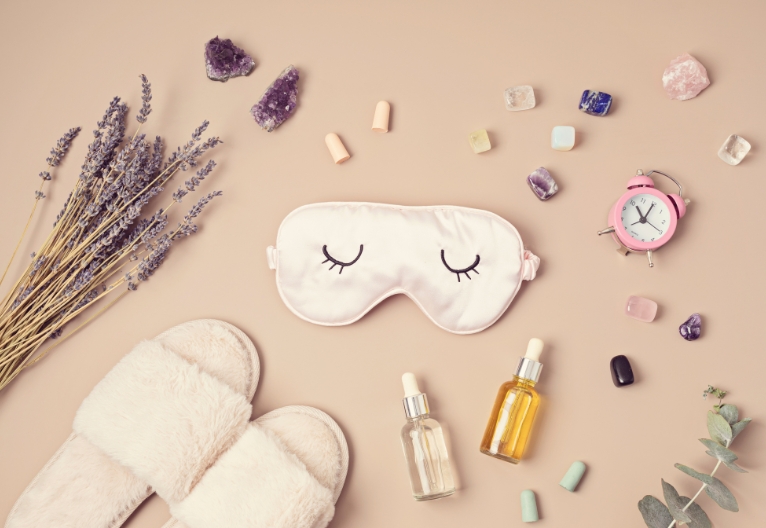
Why is sleepmaxxing on the rise?
People are more aware of how quality sleep is one of the three pillars (sleep, food, movement) of overall well-being. Studies highlight the direct connection between sleep and brain function, emotional stability, physical health, and productivity. Due to this, there’s a growing desire to optimise sleep for improved overall well-being and performance.
With the rise of wearables (e.g., fitness rings and watches), people now track and analyse their sleep patterns in real time. Making it easier to create “the perfect” sleep routine and environment.
And in that tiny word, ‘perfect’, lies the crux of why this fad is a ‘fail’ for humans because if there is one thing that is the antithesis of sleep, it’s anxiety.
Platforms like Instagram and TikTok have also helped to amplify these trends, leading people to explore new and sometimes unhelpful ways to alter their sleep.

Are there any benefits to it?
If your social media guru has some tips that are backed by science and they’ve warned you not to aim for perfection, then having some safe fun with the activities may lead you to sleep better. Good sleep can lead to more mood stability, help us to be more productive, and have better overall health, so good sleep is something to wander toward.
I encourage you to check their sources first, though. Some of the sleepmaxxing activities I’ve seen are definitely not safe, let alone backed by science. Even some of the activities that seem like they could impact sleep, like exercise, only do so at quite high and consistent levels of activity.
What are the pitfalls of sleepmaxxing?
The obsessive pursuit of perfect sleep will lead you to more problems than it solves. While good quality sleep is a key component to overall health, a fixation on optimising sleep will often lead you to worsen poor sleep symptoms.
This will bleed into your next day, making you focus on unhelpful thoughts, e.g., “Because I slept poorly now, I won’t do well in x meeting/go out/be a rockstar at the gym/impress x person…”. There’s a term proposed for this, it’s orthosomnia. Orthosomnia is the obsessive tracking of sleep and pursuit of idealised, unbroken sleep, for the purpose of healing and productivity.
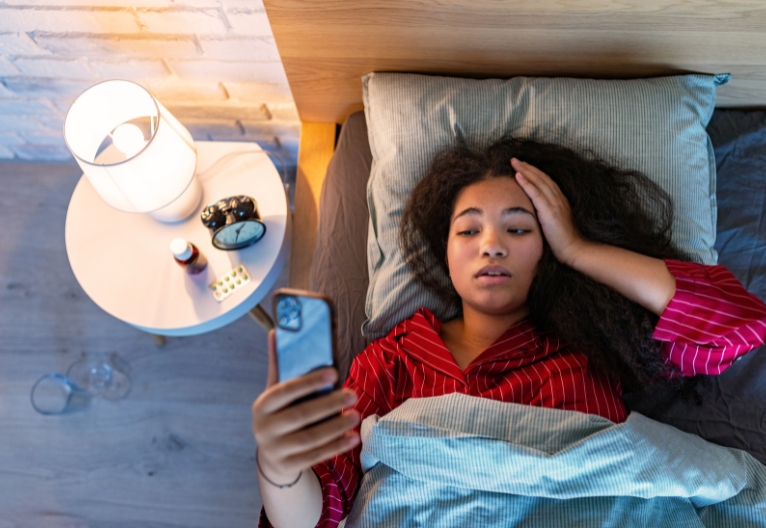
What would you suggest is a healthier alternative?
There is one vital thing I have learnt about sleep during my research and clinical career, and that’s to just relax about the whole thing. Stop putting needless pressure on yourself.
Time and again, the research shows us the things that most impact sleep are regularising your sleep routine (same-ish sleep and wake time), having a night-time wind-down routine (put away the devices), and if you have a bad night, chalk it up to just that (relax about it). For most of us, when you are tired enough, your body will make you rest.
It is normal to have periods of bad sleep, 30-70% of the population will have sleep difficulty at some time in their lives. Just like it is normal to eat a box of fries, skip a workout, make friends with someone who is a bad influence. The ups and downs are life and not something you can always control.
If you’re still struggling with sleep after 2-months and it is impacting your ability to work, study, and/or socialise, go and chat to your GP or see a psychologist with sleep training.
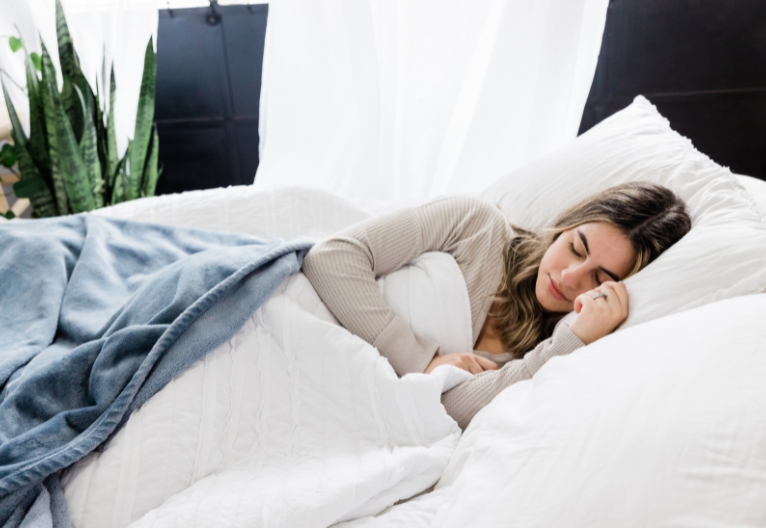
How much sleep should adults actually get each night?
On average, adults need between 7-9 hours of sleep, but some only need 6 hours and yet others need 10 hours. It’s important to figure out your personalised needs and not use prescribed data. You can figure this out using a sleep diary and by giving yourself a little more or less over periods to see what works for you.
Just as under-sleeping is linked to poor health, so is over-sleeping. However, this is over a long (we’re talking years) period of time OR because the under or oversleeping is indicative of other underlying health issues.
Ultimately, what should happen if you’re not sleeping well is that you address the underlying cause, the underlying health or mood issue. Your GP or psychologist, with sleep training, is a great starting point.
Are you happy with your current sleep routine? Leave us a comment.


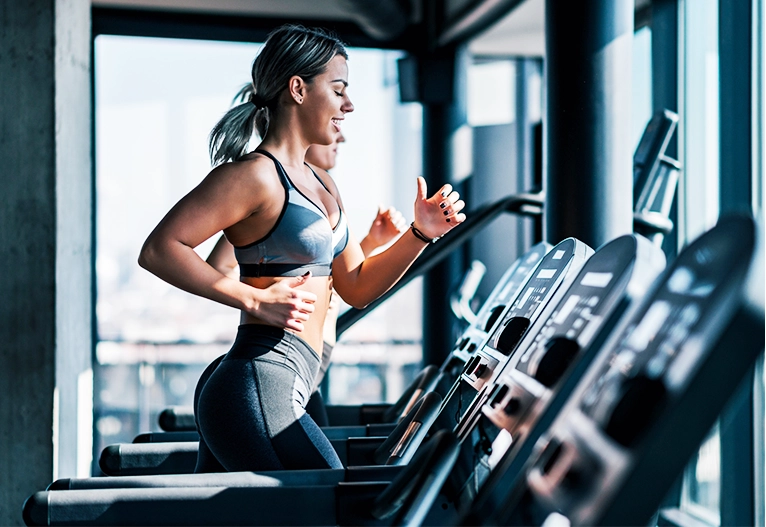
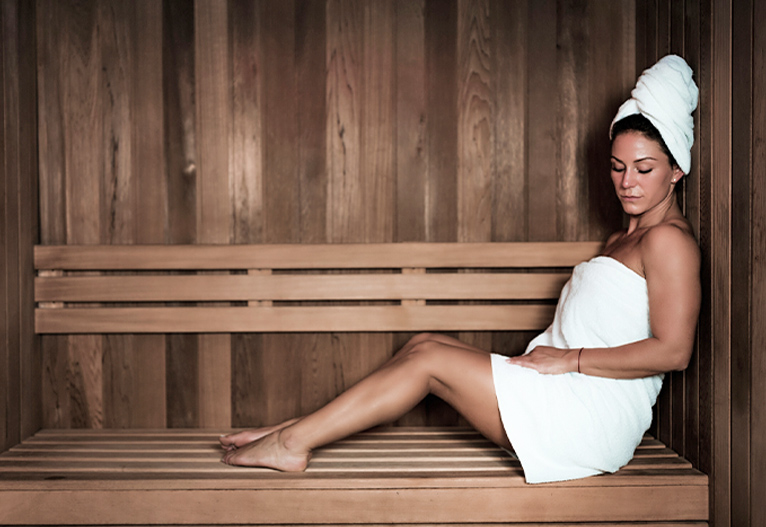
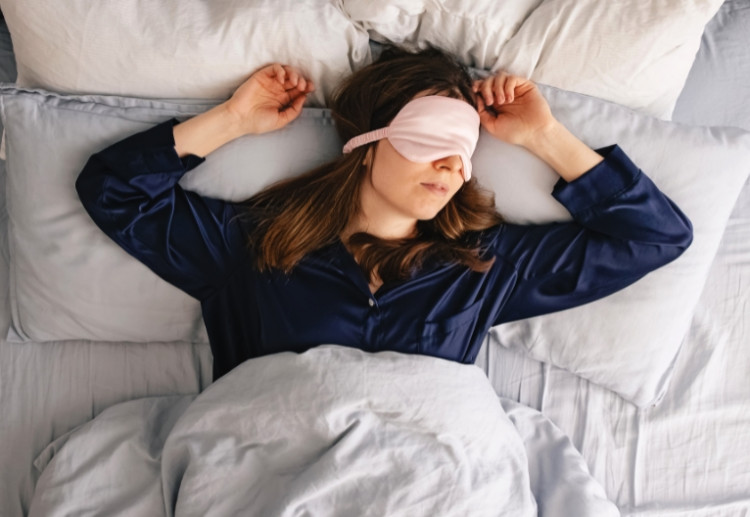
-

-
-
Meedee, QLD
- 15 Sep 2025
👍
0 Likes
-

-
-
loves_coffee_and_wine, SA
- 22 May 2025
👍
0 Likes
-

-
-
sars_angelchik, TAS
- 06 May 2025
👍
0 Likes
-

-
-
ChiWren, QLD
- 02 May 2025
👍
0 Likes
-

-
-
BH516524, TAS
- 26 Apr 2025
👍
0 Likes
-

-
-
BH519636, NSW
- 27 Mar 2025
👍
0 Likes
-

-
-
BH517772, WA
- 26 Mar 2025
👍
0 Likes
-

-
-
BH516570, WA
- 26 Mar 2025
👍
0 Likes
-

-
-
BH517123, QLD
- 20 Mar 2025
👍
0 Likes
-

-
-
BH516868, VIC
- 18 Mar 2025
👍
0 Likes
-

-
-
sars_angelchik, TAS
- 16 Mar 2025
👍
1 Likes
-

-
-
BH516636, NSW
- 14 Mar 2025
👍
0 Likes
-

-
-
BH516504, VIC
- 14 Mar 2025
👍
1 Likes
-

-
-
loves_coffee_and_wine, SA
- 13 Mar 2025
👍
1 Likes
-

-
-
BH516829, QLD
- 13 Mar 2025
👍
0 Likes
-

-
-
BH516382, QLD
- 13 Mar 2025
👍
0 Likes
-

-
-
BH516382, QLD
- 13 Mar 2025
👍
0 Likes
-
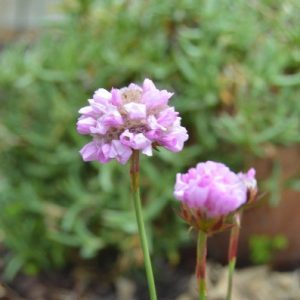
-
-
BH516706, NSW
- 10 Mar 2025
👍
0 Likes
-

-
-
BH516504, VIC
- 07 Mar 2025
👍
0 Likes
Post a commentTo post a review/comment please join us or login so we can allocate your points.